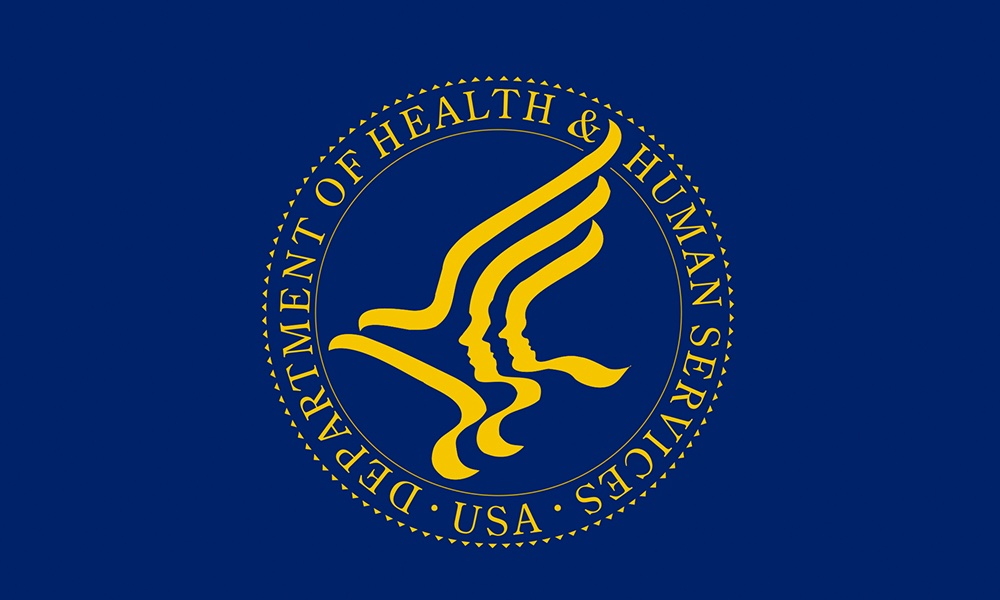You may think you own your medical records, but getting a copy of them may be a lot harder — and pricier — than you expect. After running the bureaucratic gauntlet, filling out the appropriate forms and seeing the necessary people, you'll likely be charged over $100. And in this day and age where 97% of hospitals and 83% of doctors in the U.S. have gone digital, you'll probably still end up with a paper copy. Why is this?
According to a recent viewpoint article in JAMA Internal Medicine, it's because state laws simply have not caught up with the times. They were written for yesteryear, a paper-based world where few patients asked for their records, a world that no longer exists.
Only Kentucky requires that patients who ask be given a free copy of their medical records. Most other states set and charge copying fees. A 2016 set of guidelines issued by the Department of Health and Human Services expressly forbids many of these fees, such as those for search and retrieval of the records, allowing only "reasonable" fees — basically those for labor, supplies and postage. The guidelines also suggest — but do not mandate — a flat fee of $6.50 or less for a digital/electronic copy.State laws simply have not caught up with the times.
An example: A likely price for a 100-page medical record in Georgia is $111.68, which includes $25.88 for search and retrieval as well as copying charges of close to $0.90 per page. Texas and Minnesota are the two states with the highest maximum allowable fees.
The authors don't see this as intentional defiance, merely as outdated state laws that need to be changed. And they feel this will happen, though when state and federal laws clash this can sometimes take a while. They suggest that when updating state laws to comply with federal guidelines, states could set up a system where patients could access their own medical information for free, while other legitimate entities would need to pay for access.
While all this may indeed change in the near future, it's little comfort to those who need a copy of their medical records right now. Quoting federal law to medical officials is not likely to get fees waived, so people who need their records now will likely have to pony up whatever fees that they are asked for or do without, unless they live in Kentucky.
The federal guidelines, “Individuals’ Right under HIPAA to Access their Health Information” can be found here.





